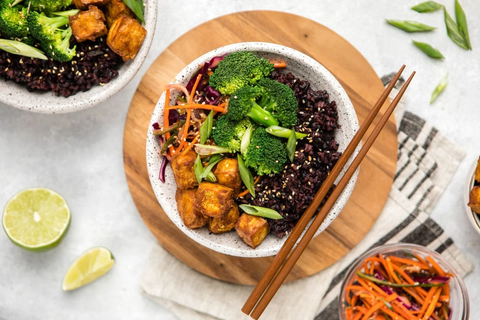What Is White Tea in India?
White tea is one of the most delicate and least processed varieties of tea. In India, it is primarily grown in Darjeeling and Assam using the young buds of the Camellia sinensis plant. These buds are handpicked, gently withered, and dried — preserving their high antioxidant content.
If you're familiar with Darjeeling tea, you might be surprised to know that Darjeeling white tea is one of the finest white teas globally, known for its light flavor, floral aroma, and numerous health benefits.
Is White Tea the Same as Milk Tea?
No. White tea is NOT milk tea.
Milk tea is a blend of black or green tea with milk and often sugar. On the other hand, white tea is served without milk or sugar — making it a healthier, natural alternative for tea lovers. So, if you're wondering “Is white tea a milk tea?” — the answer is a clear no.
What Is in a White Tea?
White tea contains:
- High levels of antioxidants (like catechins and polyphenols)
- A small amount of caffeine (less than green tea)
- Trace minerals and amino acids
These compounds make white tea a powerful choice for improving overall health.
Is White Tea Better Than Green Tea?
Both teas have immense health benefits, but when comparing white tea vs green tea:
| Feature | White Tea | Green Tea |
| Processing | Minimal | Light |
| Caffeine | Lower | Higher |
| Antioxidants | Slightly higher | High |
| Taste | Light & floral | Grassy & bold |
| Best For | Skin, weight loss, calming | Energy, metabolism, immunity |
Verdict:
If you're sensitive to caffeine or looking for anti-aging and skin benefits, white tea is your best choice.
Want to explore more? Read our in-depth article:
👉 Which is the healthiest tea to drink?
When Should You Drink White Tea?
The best time to drink white tea is:
- Morning (to kickstart your day with calm energy)
-
Afternoon (to avoid post-lunch crashes)
Avoid drinking it late at night due to its mild caffeine content.
How many cups of white tea a day?
Experts recommend 2 to 3 cups daily for optimal health benefits.
Is White Tea Good for Belly Fat?
Absolutely! White tea contains epigallocatechin gallate (EGCG) — an antioxidant that helps:
- Prevent new fat cell formation
- Boost metabolism
- Reduce belly fat
It’s considered one of the best teas for weight loss, especially when paired with a healthy lifestyle.
Is White Tea Good for Skin?
Yes! Thanks to its high antioxidant content, white tea fights free radicals that cause premature aging. It promotes:
- Even skin tone
- Reduced acne
- Improved elasticity
Regular consumption (2–3 cups daily) and even white tea-based skincare products can yield noticeable improvements.
Does White Tea Have Side Effects?
White tea is safe for most people but overconsumption may cause:
- Insomnia
- Digestive issues
- Headaches (in sensitive individuals due to caffeine)
Stick to moderate amounts to enjoy its benefits without side effects.
Why Is White Tea So Expensive?
White tea is made from handpicked, young buds, harvested only a few days each year. Its delicate processing and limited availability — especially in India — make it a premium tea variety.
What Is the Healthiest Tea in the World?
While green tea often gets the spotlight, white tea may be even healthier due to:
- Higher antioxidant content
- Gentler processing
- Fewer additives
Fun Fact: White tea is often called the “elixir of immortality” in traditional Chinese medicine.
Does India Produce White Tea?
Yes, and India’s Darjeeling white tea is considered among the finest in the world. If you're looking to try high-quality Indian white tea, Darjeeling and Assam plantations are the best sources.
Conclusion: Is It Good to Drink White Tea Every Day?
Yes! Drinking white tea daily (2–3 cups) can:
- Boost your immunity
- Improve skin
- Support weight loss
- Protect your heart
So, make the switch today and embrace a healthier cup of tea.
Final Takeaway
White tea is more than a drink — it's a daily ritual for health, beauty, and wellness. Whether you're looking for weight loss, clearer skin, or just a calming alternative to your morning brew, white tea is the answer.





Comments (0)
There are no comments for this article. Be the first one to leave a message!